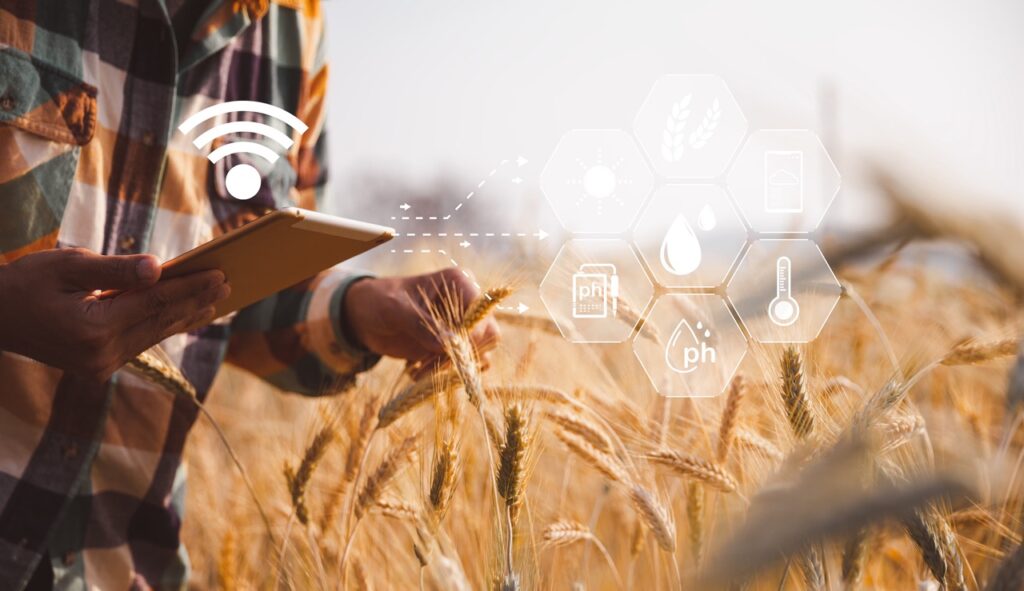From a consumer standpoint, the impact of IoT connectivity is clear. People can purchase smart home systems and automobiles with increasingly autonomous features. Looking at the potential changes to our daily lives in the coming years, all things point to connectivity. We are eyeing a future where we can monitor and control our homes, vehicles and business around the clock. The news stories are exciting and tangible because new products are frequently unveiled and we see them being used in our everyday lives.
This impact has spread beyond the scope of the consumer market, which ultimately led to the Industrial Internet of Things (IIoT). Traditional businesses, like those in utilities, oil/gas and agriculture, face a future that has the potential to transform entire industries due to the power of digital disruption. Despite the growing pains and challenges of “going digital,” industrial businesses face almost limitless potential to streamline operations and control large distributed networks with a level of precision that was previously impossible.
As these industries pick up on the value of data and connectivity, next generation applications have emerged that will drive competition and increase productivity. Data and analytics will be available via the cloud and accessible from any device. And even better, the quality of data will be controlled through automation and the incorporation of third party applications. What this means for businesses is they will be able to monitor their networks on a micro level. This allows problems to be stopped in their tracks and for precise process adjustments that streamline operations. With third party applications, there is not only substantial business opportunity for developers, but there are endless possibilities for process control, security and operational apps that will drive down costs and support increased production.
Most business decision makers are aware that there is no stopping digital transformation because research shows that it’s already happening. Many businesses are in the process of digital transformation and have already thought about these next generation systems and the research proves this:
- 75 percent of IoT providers say that big data and analytics are among the top skills they look for when adding talent to their teams.
- 50 percent of companies look to hire specialists in mobile development. A recent TechBullion article states: “they already have noticed the close relationship of mobile and IoT and plan to launch IoT projects for their businesses within the nearest 5 years.”
- Gartner says that by the end of 2017 demand mobile application development will grow five times faster than the number of IT companies able to meet this demand.
- A new report from Frost & Sullivan anticipates a trend in the transition from connected devices to the use of cognitive or predictive computing and sentient tools in the next 12-18 months.
So what does this mean for industrial business? It means they need to invest now in the communication technologies that will deliver the data that is absolutely critical for future networking needs. It means they need to think about how they can enable programmability at all network endpoints – even at the edge. And lastly, it means they need to start working through the challenges of a digital shift now so they are prepared for an automated, connected future.



